Tax Update: IRS Provides More Guidelines for People First Initiative
Yesterday, the IRS disclosed their guidelines to the People First Initiative. As a COVID-19 effort, several important adjustments have been made and compliance programs have been suspended. As of now, the Initiative will be in effect from April 1 to July 15. The IRS will continue to give more specifics in the near future, but they have released information regarding the highlights of the initiative.
New and Existing Installment Agreements
If you know that you will be unable to fully pay your federal taxes. You can set up a monthly payment plan to resolve outstanding liabilities.
If you have an existing Installment Agreement, payments between April 1 and July 15, 2020 are suspended. The IRS will not default these agreements within this period. For Installment Payment Plans and Direct Deposit Installment Agreements, you are able to suspend payments if you wish. It is very important to note that interest will still accumulate on unpaid balances.
Offers in Compromise (OIC)
No matter what stage you are within the OIC process, the IRS has outlined steps for each one.
- Applications (Pending/New)—If you have a pending OIC application, you will have until July 15 to supply all requested supporting documents. The IRS will not close an application before July 15, 2020 if they don’t have a taxpayer’s consent. If you wish to begin the OIC process and your liability is more than your net worth, OIC is designed to give a “Fresh Start”. There is more information at IRS.gov.
- Payments—Interest will accumulate on any unpaid balances; however, approved OICs do have the option to suspend payments until July 15, 2020.
- Filing Delinquent Returns—If you are delinquent in filing your 2018 taxes, the IRS has stated that they won’t default an OIC. They do highly encourage filing your delinquent 2018 returns and your 2019 returns by July 15, 2020.
Field Collections
IRS field activities such as liens and levies (including seizures of personal residences) will be suspended during the April 1- July 15, 2020 period. This includes systemic and automatic liens and levies. The exception to this are high-income, non-filing taxpayers and similar activities when and where warranted.
Passport Certifications to State Departments
The IRS will not issue new certifications to the Department of State preventing taxpayers from renewing or obtaining passports during this time frame. However, these taxpayers who are “seriously delinquent.” Are strongly encouraged to request an Installment Agreement or apply for an OIC.
Audits
Unless deemed necessary, the IRS won’t begin new field, correspondence, and office examinations. Refund claims will be continued when and where possible, but with as little in-person contact as possible.
- Meeting in-person—Meeting in-person regarding current examinations is currently suspended. Examiners will continue to work on each case remotely where and when possible. If you are requested (either before this period or during) by the IRS to provide further information on an open examination and are able to provide it. The IRS has encouraged to give that information to help facilitate the progress of your examination.
- Special circumstances—Especially for corporations and businesses, the IRS has acknowledged that it may be in the best interest of all parties to begin an examination during the period. Because developments of COVID-19 may reduce the staff and activities needed in the future, the IRS may begin a new examination.
- Requests for information—If you should receive a request for information at any time from the IRS during this period, you should still strive to provide it if possible.
Appeals Office
The Independent Office of Appeals will be working remotely and will have video or telephone conferences instead of holding them in-person. You are highly encouraged to respond quickly to any requests for information on outstanding cases.
Statute of Limitations
When necessary, the IRS will continue to protect the statutes of limitations. Taxpayer cooperation is encouraged in extending applicable statutes when a statute expiration might be jeopardized this period. If this is neglected, the IRS will give a Notice of Deficiency and will move to protect the applicable statutes. If a statutory period is not going to expire in 2020, the IRS will most likely not move forward with any actions until after July 15, 2020.
Please contact us if you have any question.




